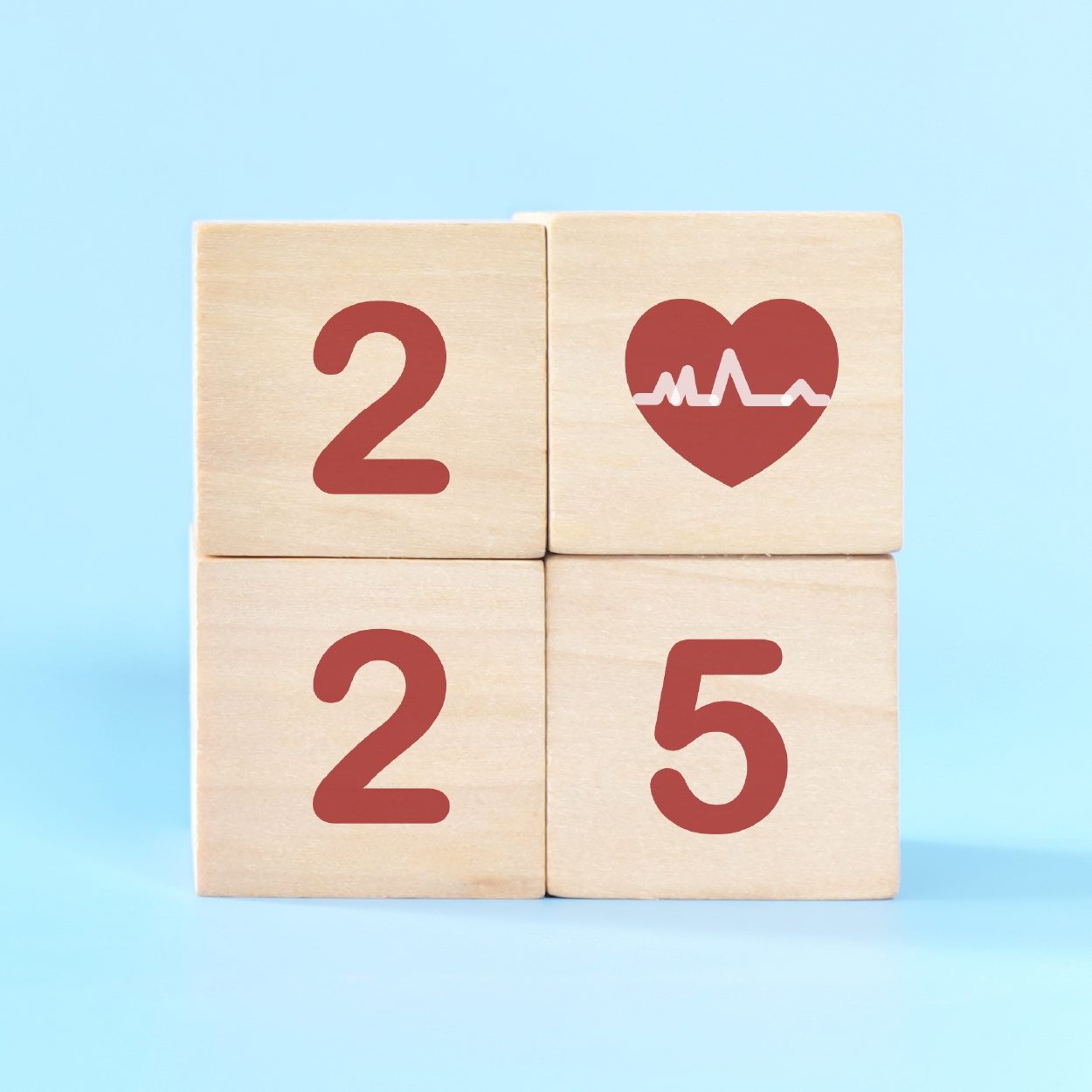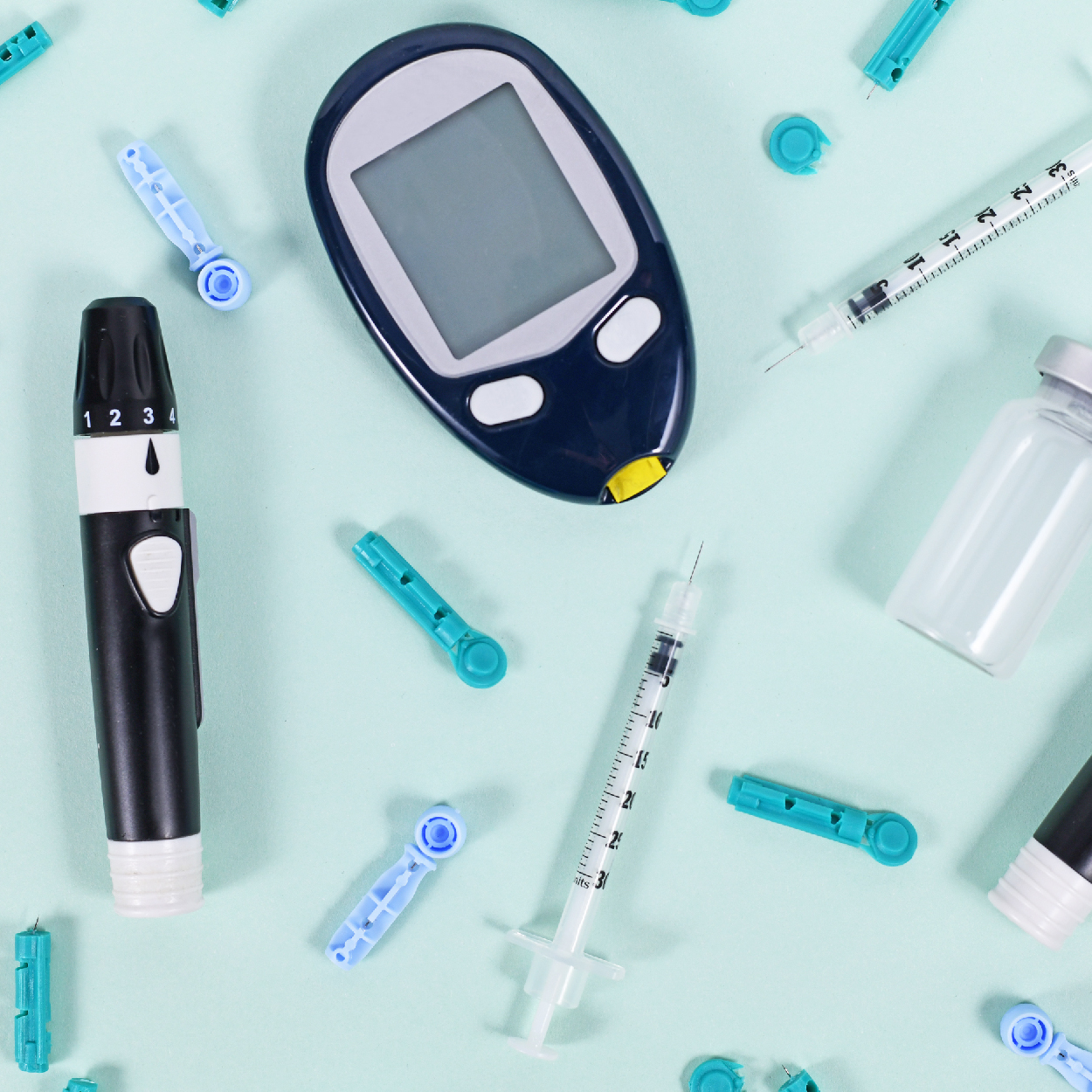When was the last time someone sensed that you were upset, then suggested that you take a deep breath and walk it off? Or, after having trouble in making an important decision, you decided to “sleep on it,” knowing that things will become clearer after a good night’s rest? In each case, taking the walk or getting some sleep would be the smart thing to do. They actually make you feel better, mentally and physically. But to what extent can these two simple acts help in maintaining good general health, and of what use are they if you already suffer from a chronic condition like diabetes?
It probably goes without saying that your body needs to rest. We are not Energizer bunnies, and Timex watches that take a licking and keep ticking. The entire body, especially the brain, needs to recover from the day’s physical and mental activities, and prepare for what’s in store for it tomorrow. It’s as if your body has a “chill squad” that needs to go to work when you sleep, activating a cascade of events that restore the energy expended earlier in the day.
The levels of “stress” hormones such as cortisol are said to be low during sleep, which lowers blood pressure and gives the heart time to relax. Also at this time, growth hormone is released. Known as the substance that determines how children grow, it also helps the body to rebound from the wear-and-tear that it underwent on any particular day. In addition, growth hormone interacts with insulin in the regulation of carbohydrate metabolism, so it is crucial to keep it at the proper levels. Too little sleep upsets the natural cycle of ups and downs in the amount of this hormone, and throws off the time at which it needs to peak. This makes it hard for it to do its “body-restoration” work.
Blood glucose levels are also known to be affected by the amount of sleep, causing problems like sleep apnea (poor breathing rhythm) when they are too high or too low. To make matters worse, people who are tired, due to the lack of sleep, tend to eat more because of the need to get energy from somewhere (usually from carbs or fatty foods), just to get through the day. For these reasons, people with diabetes are especially sensitive to bad sleep habits, so rest becomes important because it can affect what you eat.
How much sleep anyone needs per day certainly depends on the person, but the standard “get in your eight hours” is not a bad average. Okay, so how about 7.5 hours? Sleep scientists believe that your sleep requirement is genetically determined, hence it varies along individual lines. However, even if there is no gold standard regarding the exact number of sleep hours required, you generally know when you’re not getting enough rest—you feel tired all the time! Without oversimplifying, when you are feeling sluggish, get more sleep.
Part two of this picture concerns physical activity, walking in particular. And like you’ve never been told before (sarcasm here), exercise plays a huge role in metabolism in general, and especially when you have diabetes. Among its many benefits, one of the most important (especially for those with diabetes) is the fact that it makes it easier to control the level of glucose (sugar) in the blood. The reason for this is that muscles in the body are able to use glucose, without insulin, when you are exercising. So even if your body is not utilizing insulin properly (insulin resistance) or if you’re not producing enough insulin, when you exercise, the muscles get the glucose that they need and, consequently, your blood glucose level decreases since it doesn’t build up in the cells.
Even if the biochemical basis of the effects of exercise has not been precisely determined, namely in terms of enzyme activity, specific nutrient uptake into the cells, the target organs involved, etc., experiments comparing blood glucose levels in volunteers before and after physical activity have indeed been carried out. Since the results have shown that blood sugar amounts were lower after exercise, the conclusion could be made that physical activity has a beneficial effect on glucose utilization, and hence insulin levels and liver function. It logically follows that exercise helps to improve the clinical outcomes in diabetes.
The good news is that you don’t have to be a gym rat to get the level of exercise that your body needs. Researchers have shown that a short walk after meals (for an unbelievably quick time of around 15 minutes) resulted in lower blood glucose levels. Imagine the even greater positive effect on your physical well-being as you gradually increase the amount of light-to-moderate exercise, more and more (without overdoing it, of course).
You have more than likely seen people walking funny on the streets or at the mall. You see them stretching or moving their arms up and down in an exaggerated manner, and taking short, quick steps. It’s called power walking, and for some this is the only exercise that they get. But if you have a chronic illness like diabetes, this simple form of activity (with or without the arm waving) could go a long way in helping to relieve your condition. The trick is to start your exercise regimen at a low level, taking it slowly and in short bursts. Just as with sleep, your body will let you know when it has reached its limit, or when you could use more of it.
Whether you are taking insulin or not, it is a good idea to measure your blood glucose level before and after exercising. In this way, you can personally gauge the effect that it is having on your body and perhaps give yourself the encouragement to go further with your routine. You should also get a physical exam before you even begin your planned exercise regimen. This will help your physician in suggesting the level of physical activity that you should start with.
So go take a hike, and be sure to get your Z’s. Little things like walking and getting enough sleep can indeed go a long way in making diabetes less of a threat to your health.




